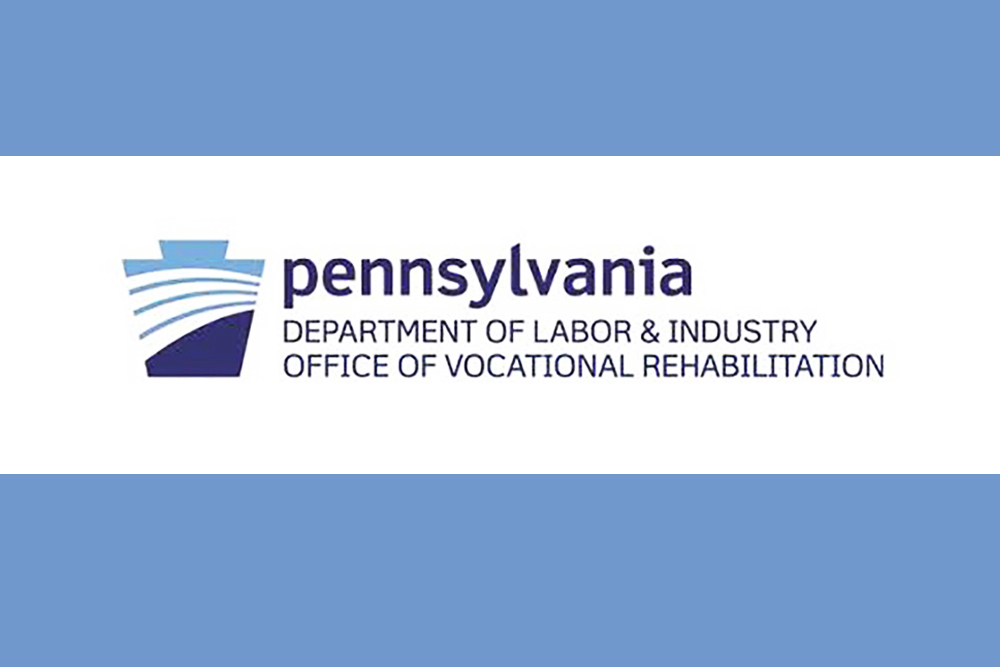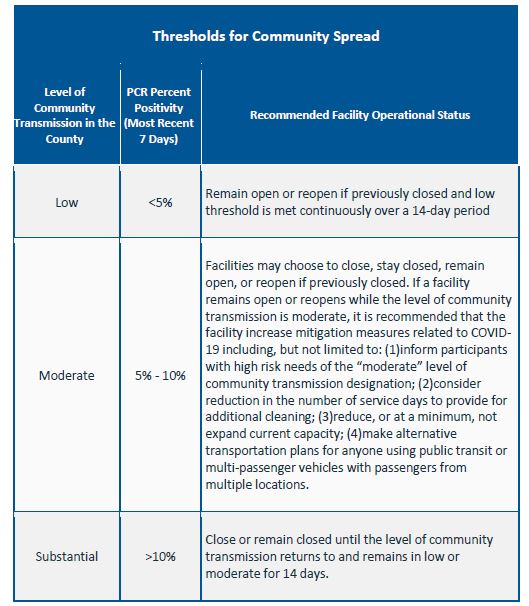Information from ANCOR and Invite to an ANCOR Member Only Meeting Friday, July 2
Just the Highlights
- The Better Care Better Jobs Act seeks to translate President Biden’s proposal for $400 billion in HCBS funding into actionable legislation.
- The proposal offers many positive provisions, some of which have the potential to transform the Medicaid HCBS program, as well as a couple that may potentially raise implementation challenges.
- Join us this Friday at 11 am EDT to learn more during a members-only briefing that will include remarks from Michael Gamel-McCormick, Disability Policy Director for the U.S. Senate Special Committee on Aging.
Dear ANCOR members,
I write to share exciting news about a bill ANCOR is supporting that was introduced in Congress late last week. The Better Care Better Jobs Act, or “Better Care” (S. 2210 / H.R. 4131), is being led in the Senate by Senators Bob Casey (D-PA), Ron Wyden (D-OR), Chuck Schumer (D-NY), Patty Murray (D-WA), Tammy Duckworth (D-IL), Sherrod Brown (D-OH) and Maggie Hassan (D-NH), and in the House by Representatives Debbie Dingell (D-MI), Frank Pallone (D-NJ), Jan Schakowsky (D-IL) and Doris Matsui (D-CA). The bill has already garnered support from more than 40 co-sponsors in the Senate.
Better Care seeks to translate President Biden’s proposal for $400 billion in HCBS funding into actionable legislation. Although the bill includes a few challenging provisions, on the whole, Better Care is nothing short of transformative, and ANCOR supports it for the investments it would make in the Medicaid Home and Community Based Services (HCBS) program, including both significantly expanded funding and structural transformations to strengthen the program. If passed, Better Care would allocate as much as $50 billion per year for the next 10 years in new HCBS spending, making it the single largest investment in the 50-year history of HCBS.
The proposed legislation includes a wide array of provisions, which you can learn more about by reading the full text of the legislation or the accompanying summary. However, there are several key highlights ANCOR is particularly excited about, some of which were included in the proposal expressly because of our advocacy. Among other provisions, Better Care would:
- Increase the Federal Medical Assistance Percentage (FMAP) by 10 percent for the next 10 years. This FMAP enhancement would be in addition to the current 10-percent increase that went into effect for one year starting on April 1.
- Allocate $100 billion for states at the onset of the funding increase described above to initiate an implementation planning process that includes stakeholder engagement.
- Safeguard the delivery of services to current HCBS beneficiaries without jeopardizing the ability of potential beneficiaries to receive services by making new federal funding contingent on agreement by states not to (1) cut existing services or (2) make eligibility standards more stringent.
- Require that states pay sufficient reimbursement rates to providers and mandate that reimbursement rates be reviewed at least once every two years. The biennial review process would mandate stakeholder engagement, to include providers, people with disabilities and their family members, direct support professionals and others.
- Establish in statute “direct support professional” as a professional classification (i.e., distinct from personal care attendants, home health aides, etc.) and direct the U.S. Department of Labor to work with the Centers for Medicare and Medicaid Services to establish a Standard Occupational Classification for DSPs.
- Offer, for the first time, FMAP funding to U.S. territories such as Puerto Rico and American Samoa, to supplement the territories’ existing Medicaid block grant funding.
- Commit to the establishment of a set of standardized quality measures within two years of the bill’s passage.
Individually, these seven provisions have the potential to be gamechangers. Together, their potential is nothing short of transformative.
And—as with all legislation—Better Care is not perfect. Included are two particular provisions that have the potential to raise implementation challenges or be problematic: (1) a requirement that providers pass through a minimum proportional percentage of their increased reimbursement revenue to DSPs, and (2) an additional 2% FMAP incentive if states establish, either directly or through contracting with one or more nonprofit entities, a registry to connect people seeking services with qualified direct care workers. I flag both of these challenges for you not to suggest that ANCOR will or will not ultimately support these provisions, but rather to underscore that the extent to which we support these provisions will ultimately depend on how the details surrounding their implementation are codified into law.
The details of the Better Care proposal—including its many positive provisions as well the few provisions that demand more detail—mean that you will be essential in its pathway toward becoming law. Like most legislation these days, we don’t anticipate the legislation will secure the 60 votes needed to break a filibuster in the Senate, meaning the surest route for this bill to become law is its inclusion in the budget reconciliation process this fall. If you want to lend your support, there are things you can do now, soon and later to increase its chances of passing:
- Now: Register for a members-only briefing to learn more about the bill and its path to becoming law. The briefing will take place this Friday, July 2 at 11 am EDT, and will feature ANCOR’s government relations professionals, as well as Michael Gamel-McCormick, Disability Policy Director for the U.S. Senate Special Committee on Aging. Register for free today.
- Soon: On Friday, we will be issuing an action alert to aggregate support for Better Care and urge members of Congress to sign on in support of the legislation. Be on the lookout for an email from us or visit the ANCOR Amplifier to take action starting Friday.
- Later: Assuming the bill is destined for the reconciliation process, it will be essential that lawmakers on Capitol Hill hear from constituents like you to preserve its many positive provisions in the version that is ultimately voted on. Stay tuned for more as the events of the summer unfold.
We say it a lot, but the changes ANCOR is championing on your behalf in Washington simply would not be possible without your passion, support and commitment. Thank you for all you’re doing—now, soon and later—to help us ensure this significant federal legislation becomes the law of the land.
Sincerely,
 Barbara Merrill
Barbara Merrill
CEO, ANCOR

















